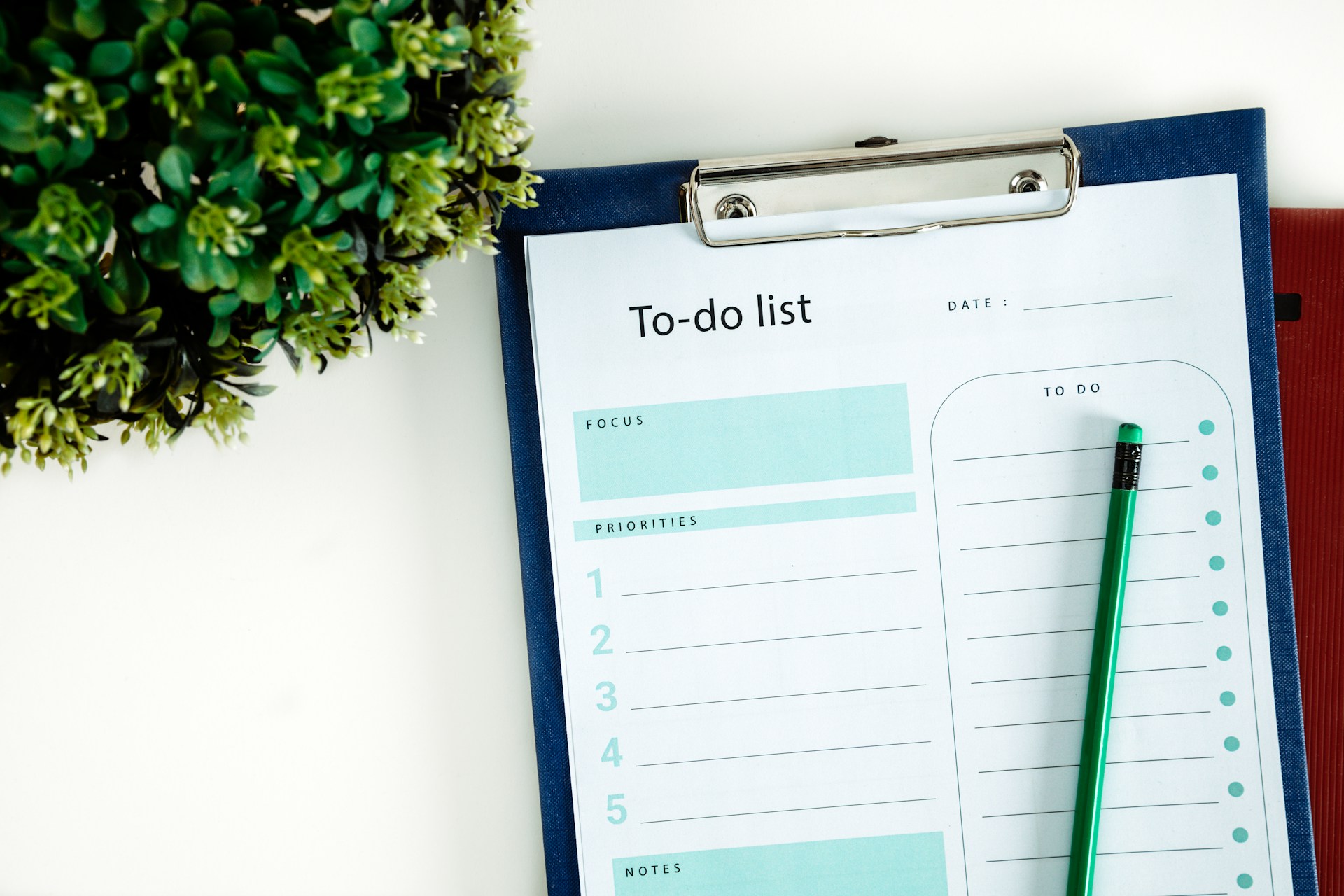Losing weight when it is hard for you to even move around can feel overwhelming or even impossible. Your current weight may make walking, standing, or exercising extremely difficult, or you might have an injury, be on crutches, or use a wheelchair. The good news is that you can lose weight and improve your health through making small but consistent changes and by getting some help from the professionals at Batash Endoscopic Weight Loss Center in NYC.
Today we are going to talk a bit about overcoming some challenges with weight loss when your mobility is compromised. It may be more challenging than normal, but it is not impossible, and using some common sense, proven strategies, and weight loss tools offered by experts can help you get the results you want.
{{cta_button}}
Start With Enlisting Help From Professionals
If you need or want to lose weight but you are facing challenges with mobility, it is recommended that you partner with a doctor that understands the complexities of weight loss, like Dr. Steven Batash at Batash Endoscopic Weight Loss Center in NYC.
Dr. Batash and his team create personalized weight loss plans that are tailored to meet your needs and circumstances and deliver the results you desire. Depending on your circumstances, it may be necessary to also collaborate with a physical therapist and a registered dietitian as a part of your weight loss program.
Working with a professional team means you are not guessing about what to do, and the time and energy you put in will actually make a difference. Instead of trying random things that might not help or might not even be safe, you will be guided through steps that have been proven to work. This will help you avoid wasting efforts that are already a challenge for you and provide you with a clear plan to achieve your nutritional, fitness, and weight loss goals.
How Can I Lose Weight If I Can’t Walk?
Losing weight when you cannot walk is a significant challenge, but it is not impossible.
A patient that was in her early 50s had suffered with obesity for many years, and the excess weight she was carrying eventually wore out the joints in her knees, and walking became very painful and debilitating. She would also randomly fall when whichever knee was acting up that day decided to give out. Her mobility issues had gotten so bad that they pretty much dictated where she could go and what she could do.
She went to a surgeon to discuss knee replacements, and they told her she needed to lose at least 100 pounds before she could undergo knee surgery. She wondered, “How do people manage to lose weight when physically disabled?” She was in a tricky situation, and she decided to go home and get serious about losing some weight. Here are some of the things that she did, and they are things that you can do too.
Change Your Diet
Losing weight requires that you eat fewer calories than your body needs to burn to keep it functioning. Usually the proper balance of diet and exercise can help create the calorie deficit you need, but when you are limited on the amount of exercise you can get, you can focus more on the foods you choose to eat.
Eat more foods that are what we call “whole,” which means they are as close as possible to their natural state and are not heavily processed or filled with extra sugar, salt, or artificial ingredients. Things like vegetables, lean protein, beans, whole grains, etc. Avoid sugar, processed foods, fast foods, unhealthy snacks, and foods that you have to prepare from a box.
Form new healthy eating habits, including watching your portions, chewing your food thoroughly, and eating slowly so you can pay attention to the fullness cues your body sends. Eat mindfully, and not while distracted by the television or your cell phone, so you can pay attention to what you are doing. Drink more water and cut out beverages that are high in calories and do not provide any nutritional value. These are changes that gradually add up and can help you lose and maintain a healthier weight.
Use Protein and Fiber to Help You Feel Full
Protein and fiber fill you up and help keep you satisfied for a longer time so you eat less. Avoid processed carbs and sugar-filled options that cause blood sugar spikes followed by crashes. Foods like eggs, lean chicken, fish, beans, Greek yogurt, fruits, and veggies that are good sources of protein and choices that are high in fiber. They take longer to digest, so they keep you feeling full for a longer time, which can help keep you from snacking between meals. A registered dietitian can help you create a meal plan that fits your lifestyle and your needs and will gradually help you lose weight.
Find Ways to Move that Are Comfortable
Any type of movement that can get your heart beating a little faster can help create an aerobic calorie burn. Depending on your mobility issues, you can try doing some seated exercises or a chair-based workout. There are also some water-based programs that can be very beneficial because they take the weight off your joints and allow you to burn calories without causing additional damage. You should start slowly and build up a little at a time because even short repeated sessions are beneficial.
Working with a physical therapist can give you the guidance you need to know the right kinds of exercise to do and how intensely or frequently you should do them. They can answer questions like, “What is the best exercise for someone in a wheelchair?” and “How can I lose weight while on crutches?”
Incorporate Essential Strength Training
Strength training does not have to involve heavy weight lifting. Lighter hand weights, leg weights, resistance bands, or your own bodyweight can be used while you are sitting down and help you build and retain muscle. One issue that many people face when losing weight is that they also lose muscle mass, and this is counterproductive to weight loss.
Your body burns calories even while you are asleep because it needs them to keep your heart beating, ensure you keep breathing, and perform other critical functions that never stop. The speed at which your body burns calories is called your metabolic rate, and it is different for everyone. The more muscle mass you have, the faster your metabolic rate and the faster your body burns calories. Strength training also builds up your muscles so you gradually become stronger, which will help you perform your daily tasks with greater ease.
Try Special Adaptive Equipment
Adaptive equipment can help make getting enough exercise easier if you have mobility issues. Things like a hand cycle, resistance bands, ankle weights, or a stable chair can help you complete some workouts easier. If you use a wheelchair, you can perform some seated workouts or join a class designed for those with limited mobility. Once again, this is where a physical therapist can step in and help create a safe and effective routine that is designed specifically for you and your circumstances.
Modify Your Daily Behavior
The choices you make every day can significantly add up, and making some permanent modifications in your lifestyle can make all the difference in your weight loss results.
Most people do not understand how much getting a good night's sleep matters when you are trying to lose weight. Poor sleep causes your body to release more ghrelin into your system, which is the hormone that makes you feel hungry. It also reduces the amount of leptin it makes, which is the hormone that tells you that you are satisfied and full.
Drinking water before you eat can help you better manage your portions and keep you well hydrated so your metabolism works at its best. Also, managing your stress is another lifestyle habit that is very important because your body’s response to stress is to dump cortisol into your system, which is what is often called the “fight or flight” hormone. The problem with cortisol is that it signals to your body that danger is imminent and that it needs to store fat instead of burn calories for energy. This not only inhibits weight loss efforts, but it can actually result in weight gain.
Having healthy snacks ready to go can help keep you from grabbing chips or candy just because they are easily accessible. These may sound like small changes, but you would be surprised how much of a difference they can make to your weight loss results. Just do not overwhelm yourself, and introduce these changes gradually so you will stick with them.
{{cta_small}}
Know When to Get Extra Help
Sometimes, you need extra help to make the strategies you are using yield results. This was the case with the patient we talked about earlier. She implemented many of these daily changes into her life and successfully lost 30 pounds, but before the surgeon would perform her knee replacements, she had to lose 100 pounds. She still had 70 more pounds to lose and was still unable to walk or perform any vigorous exercise.
Non-Surgical Weight Loss Medications and More
This patient’s extra help came in the form of prescription weight loss injections, and she began using Zepbound (tirzepatide). While continuing to practice her modified lifestyle habits and using her weekly weight loss injections, she was able to lose even more than her goal of 70 pounds. She has successfully undergone both knee replacements and is continuing to eat healthy and add more movement into her day. She is able to play with her children and participate in activities that could never do before. Even going on a vacation to the beach is possible now because she will be able to walk down the boardwalk and in the sand.
Today, there are also alternatives to surgery that can help individuals lose a substantial amount of weight, like Suture Sculpt endoscopic sleeve gastroplasty or an intragastric weight loss balloon.
Get the Help You Need and Deserve
Let the team at Batash Endoscopic Weight Loss Center help you reach your goal for weight loss and provide you with the guidance and support you need to improve your health. We understand that losing weight is very hard to do by yourself, and we have the expertise to help you overcome the challenges you have faced in the past.
Set up your personal consultation today, and let us share with you the solutions we offer that can make reaching your weight loss goals a reality. Do not let anything hold you back from living your best life; you can lose weight and become healthier, and we are committed to helping you do it.
{{cta_button}}








